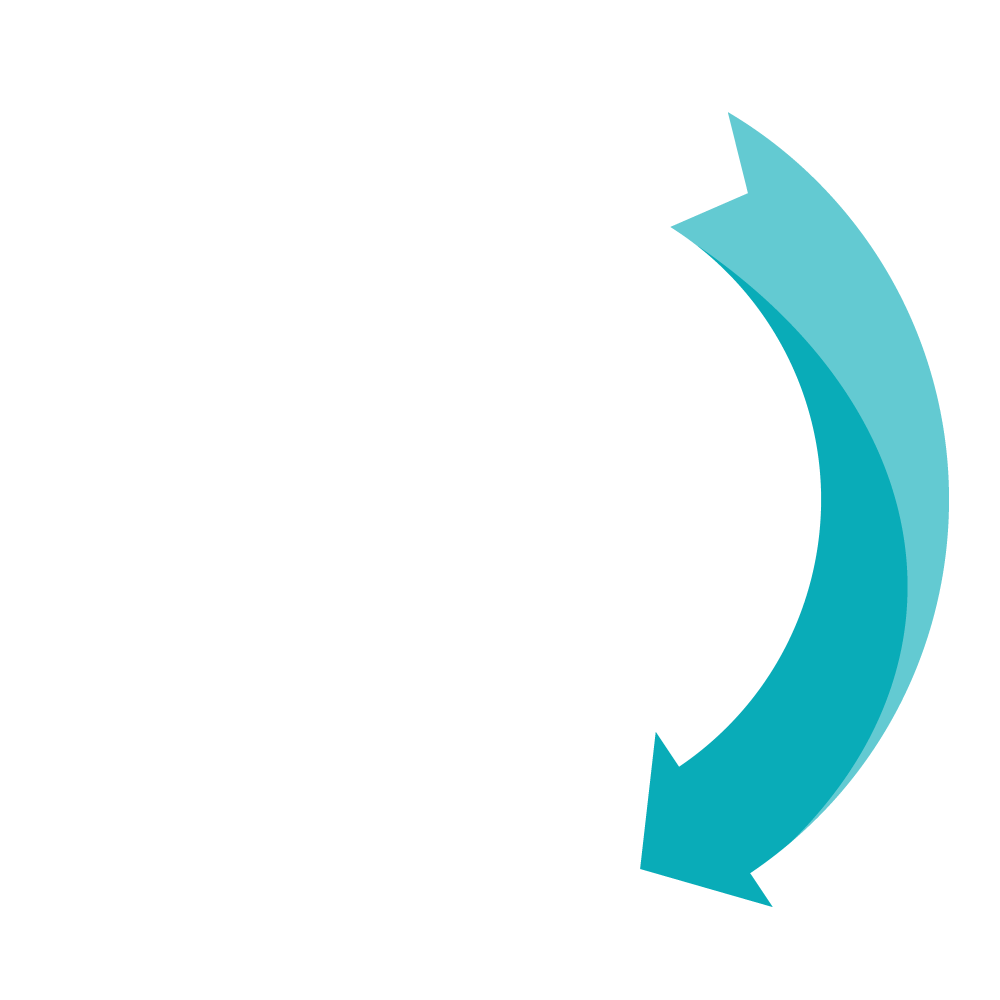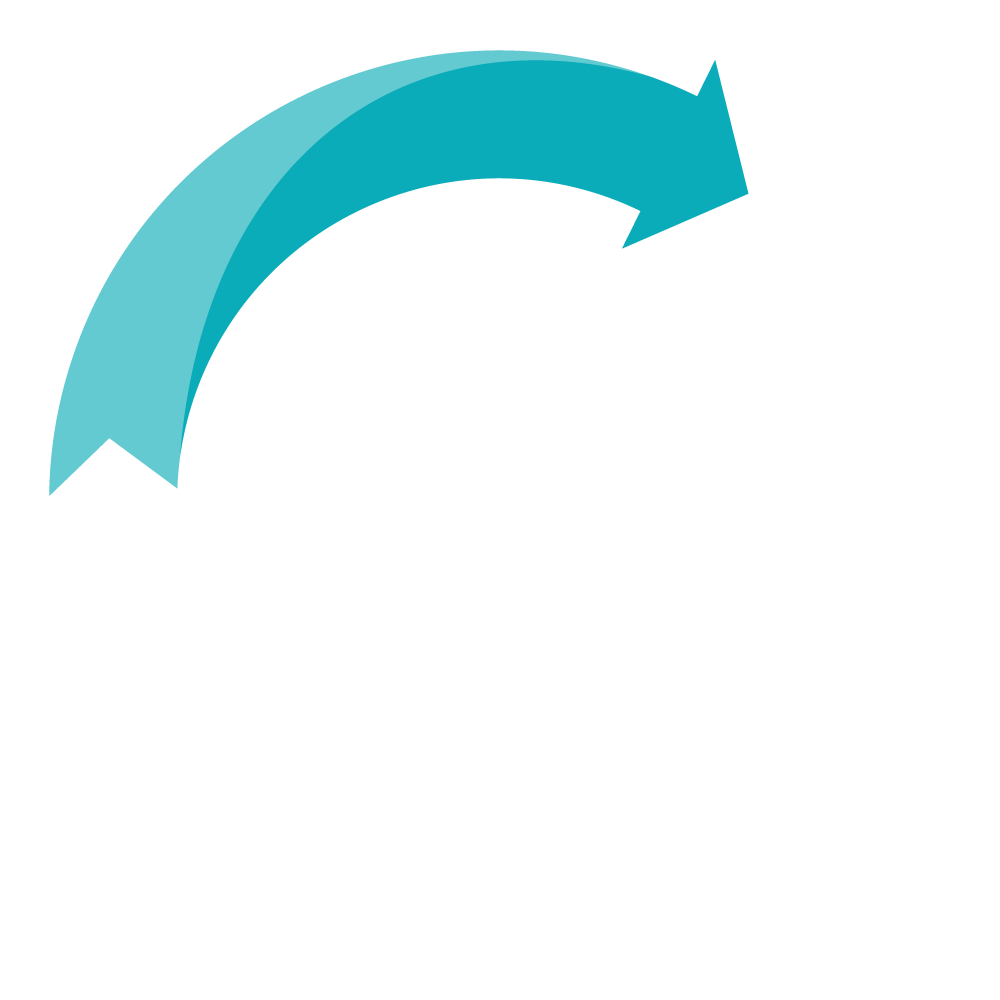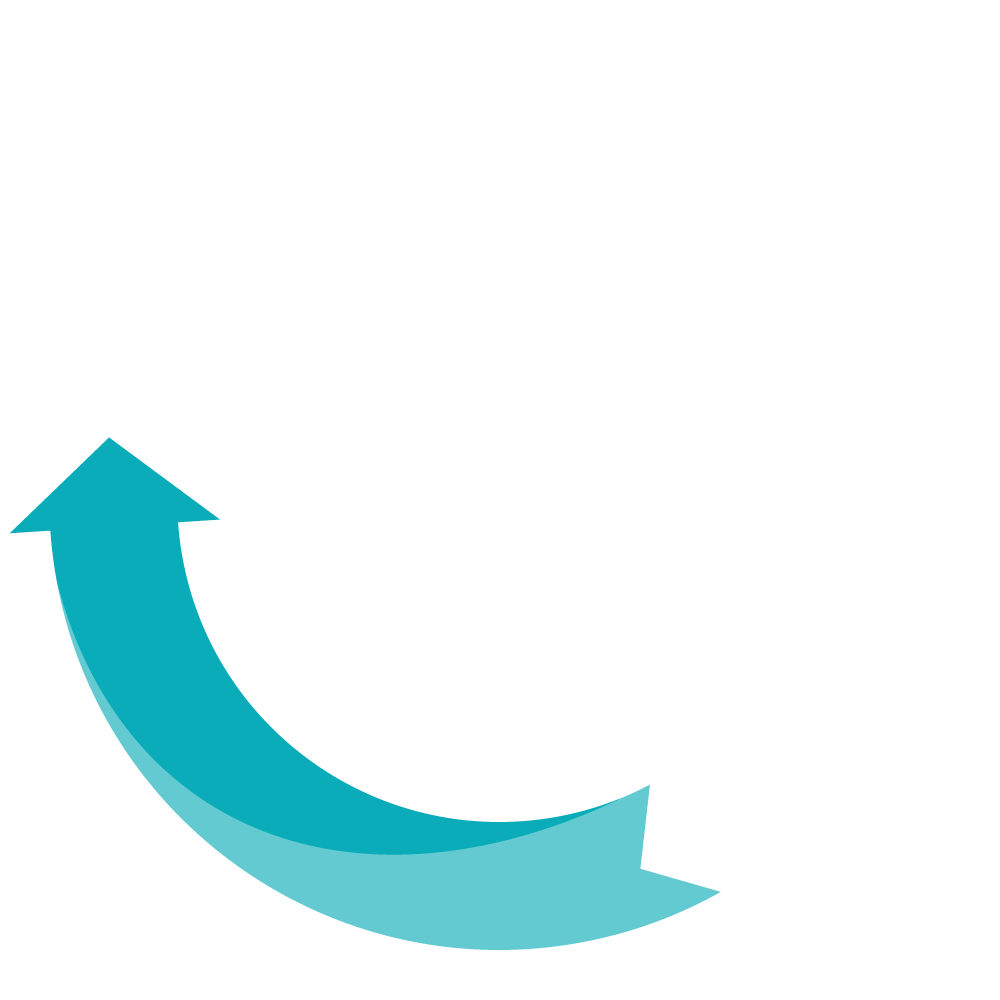



Arts teachers are assessing learning, transforming practice, and promoting achievement in visual arts, dance, theater, and music.
Our Mission. Arts Assessment for Learning is committed to K–12 arts education that is focused on formative assessment as a catalyst for student learning. Unlike summative assessment, formative assessment goes beyond simply measuring student achievement. Formative assessment facilitates teaching and learning by providing useful feedback to both teachers and students. It can increase teacher effectiveness, boost student achievement and motivation, and encourage student independence in the learning process.
In an educational world too often focused on summative assessment and testing, Arts Assessment for Learning supports teacher practice and student learning by creating a balance between assessment of and assessment for learning.
Educators and students alike have come to recognize formative assessment strategies as an integral part of authentic artistic processes. Similar to of the way professional artists work, formative assessment involves students in setting goals, assessing their own work, and making modifications in response to critique, with the teacher guiding the way. Teachers provide clear criteria for success, carefully scaffold students in giving and receiving constructive feedback, and allow them to choose and make their own revisions. Each of these actions is integral to any creative endeavor involving rehearsal and revision. Thus, formative assessment is an organic process in an arts classroom.
Arts Assessment for Learning is committed to building communities of arts educators, and engaging them in implementing and analyzing the effectiveness of formative assessment in their classrooms. Our website is designed to share the results of the teachers’ action research as well as their tools and strategies.
An Artful Process. Formative assessment engages educators and students together in what teachers in Arts Assessment for Learning have come to recognize as authentic artistic processes. In its implementation, students set goals, assess their own work, and determine and make modifications in response to critique, with the teacher guiding the way. Teachers provide clear criteria for success, engage students in giving and receiving feedback, and allow them to choose and make their own revisions. Each of these actions is integral to any creative endeavor involving rehearsal and revision. Thus, formative assessment is naturally suited to teaching and learning in the arts.
Voices Raised. Students involved in a formative assessment process take more ownership of their art making; and as a result, they develop more than just content-knowledge and skill sets. Their plans are their own making, their decisions belong to them, and their reflections on their work emerge through responses to critique, with their teacher guiding the way. Formative assessment is best practice in any classroom, but because it builds confidence in one’s own choices, expressions, and articulations, it is especially powerful in teaching in the arts. Formative assessment emulates the creative process and fosters every student’s artistic voice.


